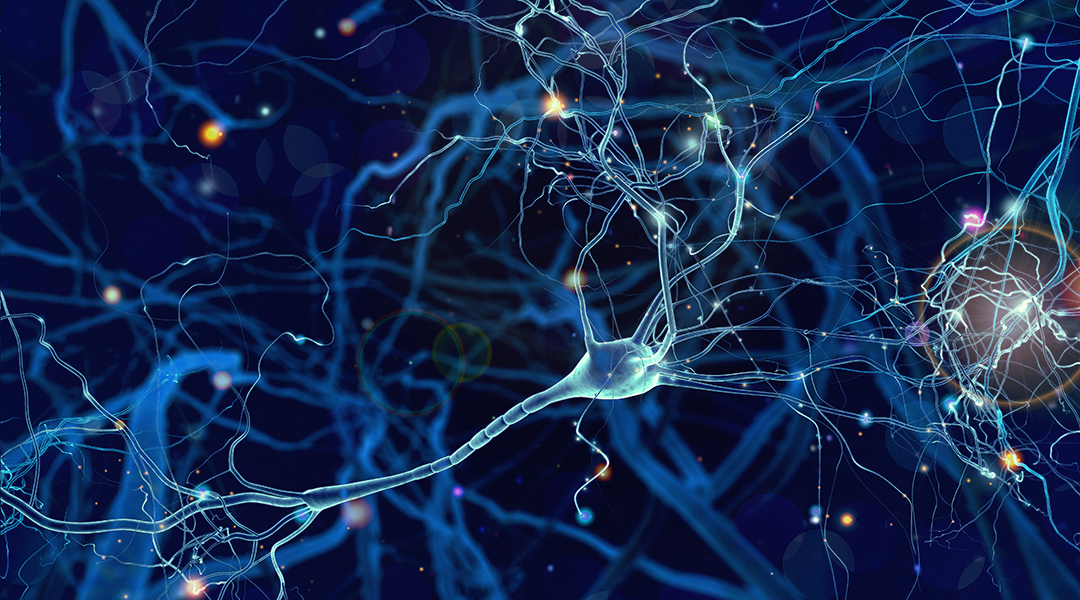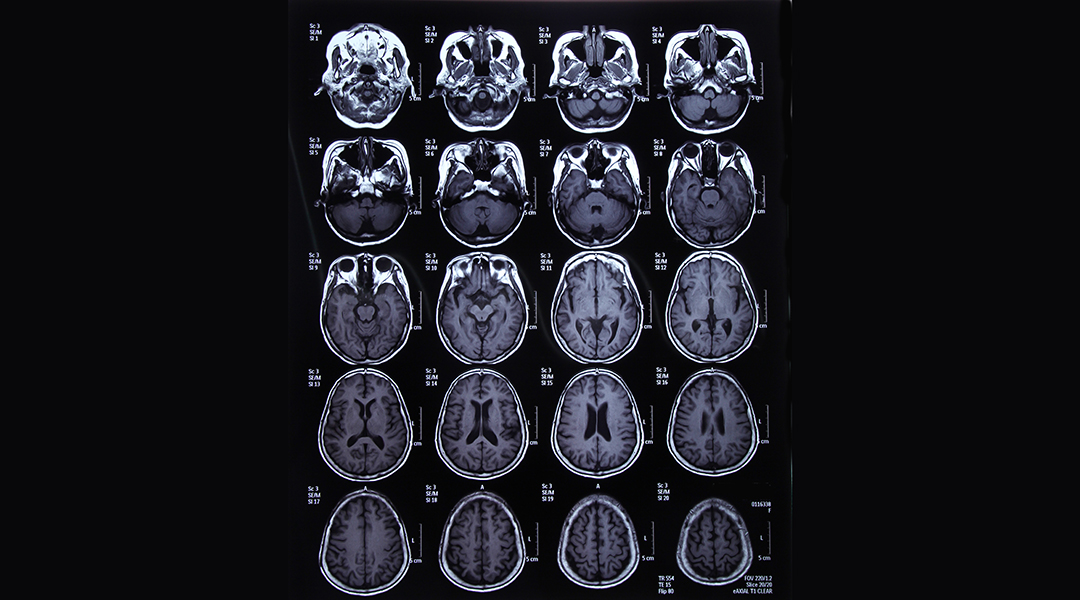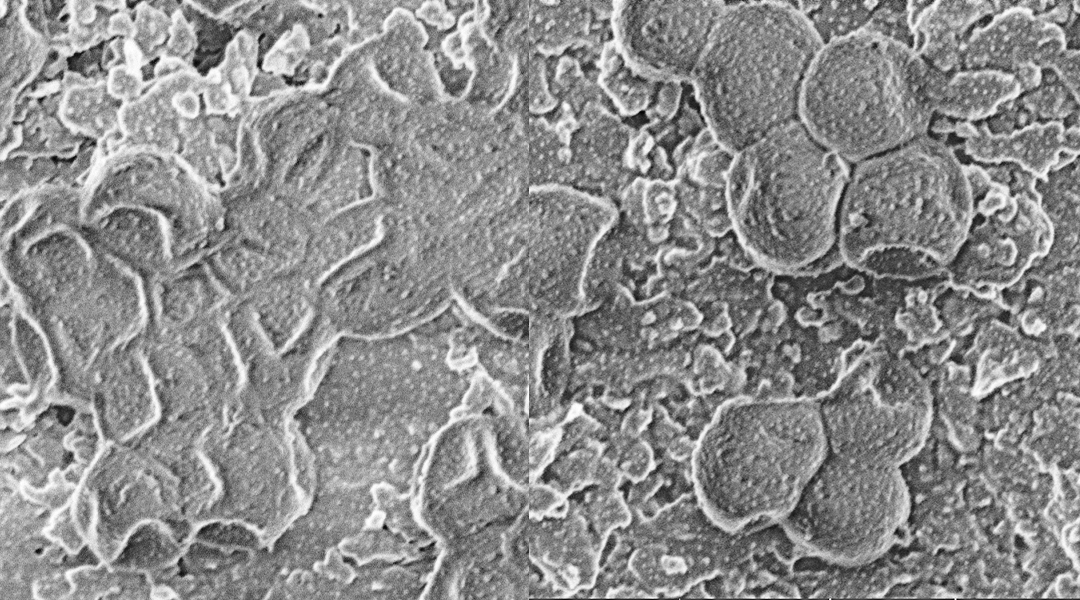Cutting-edge fluorine-19 imaging of inflammation extends the frontiers of MRI.



Cutting-edge fluorine-19 imaging of inflammation extends the frontiers of MRI.

In the Himalayas, where the ontology of water is not always premised on the creations of boundaries between nature and culture, the condition of water, whether abundant or scarce, has key implications for cultural life.

Identifying the critical questions regarding long distance regressive signaling and how they are important for understanding nervous system development and pathogenesis in neurodegeneration.

Researchers discuss how to extract valuable information from databases to aid decision making in emergencies, such as the current pandemic.

Micro- and nanoparticle-based drug delivery systems are revolutionizing medicine, from minimizing the toxicity of therapeutics to improving their efficacy.

Convolutional neural networks provide stronger predictive performances for pharmacological assays compared to traditional machine learning models.

A team of data scientists has developed a general-purpose recommendation system for insurance based on Bayesian networks and deep learning.

Researchers at Houston Methodist Research Institute discuss how quantitative, non-invasive imaging can aid in developing novel tools for diagnosis and therapy.

Antibiotic-resistant bacteria are becoming a major global threat. Novel antibacterial nanomaterials offer a solution.

How small particles, such as colloids, move through the soil is important to understand as many pose a significant threat to public and environmental health.